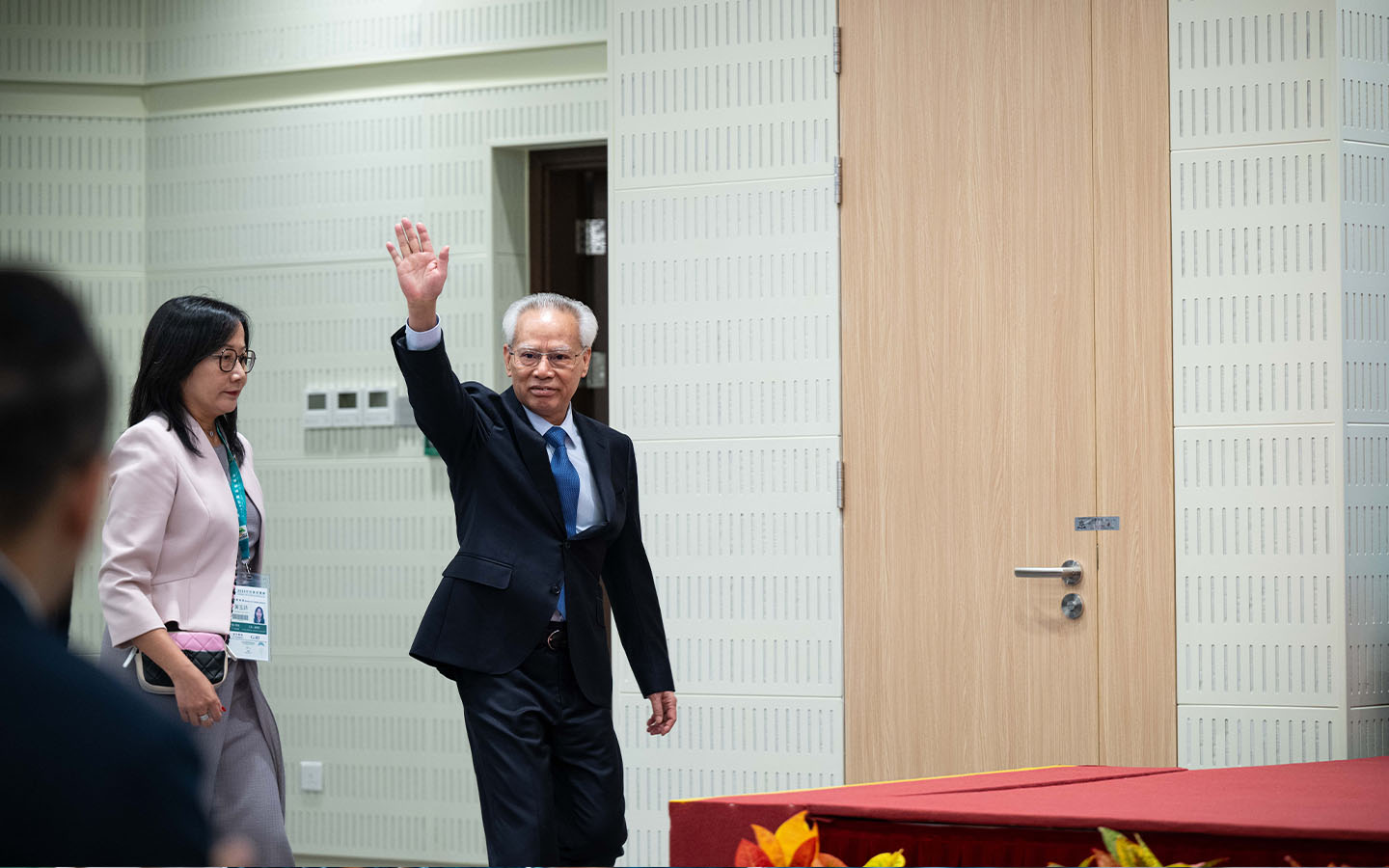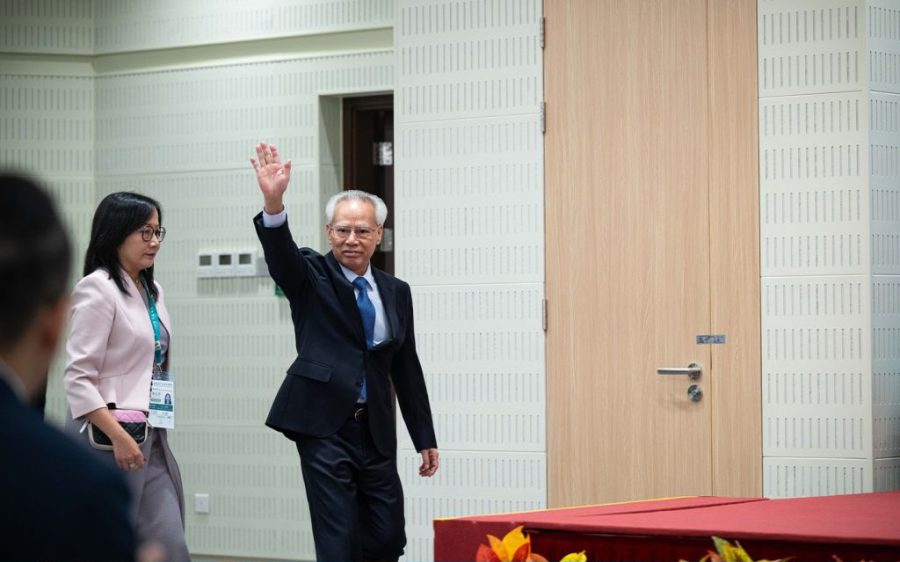Chief executive (CE)-designate Sam Hou Fai plans to discuss closer ties between the two SARs with Hong Kong CE John Lee, the South China Morning Post reports.
After introducing incoming top officials to the public on Sunday, Sam was asked a question about relations between Macao and Hong Kong. He said the cities had complementary characteristics and “tremendous potential” to benefit one another, especially in terms of growing tourism in the Greater Bay Area (GBA).
Sam said he aimed to speak with Lee about how to make “full use of our respective advantages to complement each other, promote mutual development and utilise our strengths in the process of integrating into national development.”
[See more: New CEPA opens up significant opportunities in the mainland]
The former top judge has repeatedly emphasised his desire to see Macao strengthen its leadership role in Hengqin and its status as a platform between Portuguese-speaking countries and China – both key parts of the SAR’s integration programme.
Other facets include Macao’s role in internationalising the yuan, through the issuance of so-called “dim sum bonds.” Macao and Hong Kong recently announced they would link their respective bond markets to deepen financial cooperation in the GBA.
Hong Kong’s secretary for culture, sports and tourism earlier said that Hong Kong would “spare no effort in promoting cultural exchanges and collaboration” between the cities in Guangdong Province and the two SARs, and announced that Hong Kong’s government would invest HK$135 million into supporting local creative groups and artists participating in exchange programmes within the GBA over the next five years.






